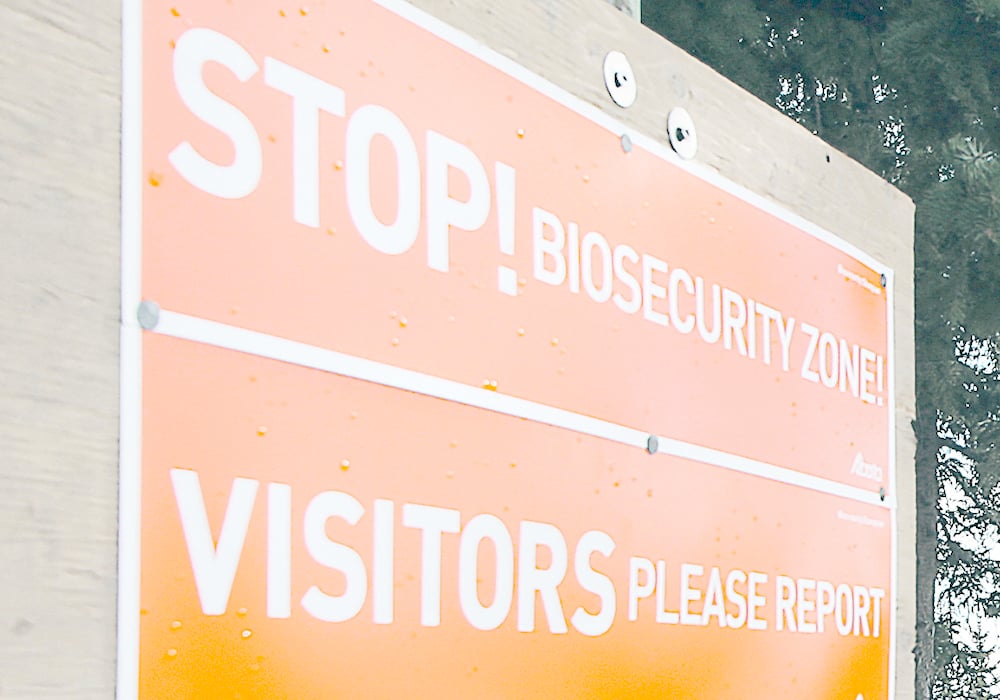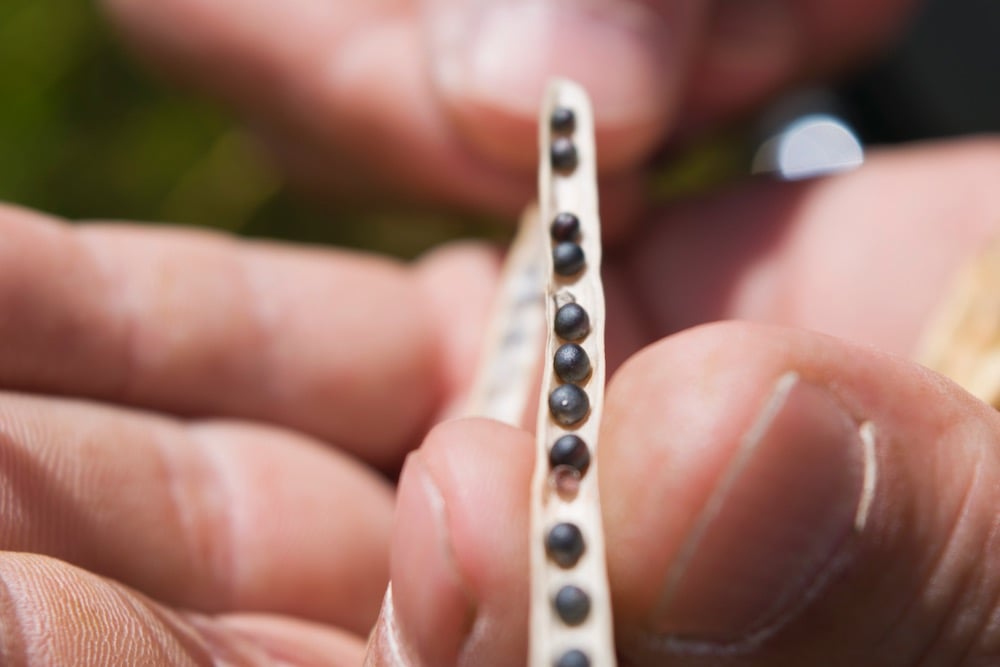Senators told biosecurity bill C-275 is really about trespassing

Glacier FarmMedia—Witnesses at last week’s Senate agriculture committee meetings said a bill purporting to be about biosecurity is not about biosecurity at all.
Bill C-275 would amend the Health of Animals Act and make it illegal for anyone to unlawfully enter a barn or building where livestock are kept.
The private member’s bill was sponsored by Conservative agriculture critic John Barlow and passed in the House of Commons last fall with support from both opposition and government members.
Read Also


CFIA releases latest on seed regulatory modernization process
The Canadian Food Inspection Agency released a report today on its latest round of industry and expert consultation as it seeks to modernize its seed regulations. This is the third round of consultations. The first, a needs assessment survey, was done in 2021.
Since the Senate committee began its study earlier this year, it has heard repeatedly that the bill should apply to everyone.
Last week, legal and scientific experts said the bill is entirely about trespassers.
Jodi Lazare, associate professor and associate dean at Dalhousie University’s Schulich School of Law, said courts look at what a law actually does.
“It’s quite clear that this bill is about shutting down activism and trespass, about protecting animal agriculture. In fact, it has been explicitly stated a few times now that this bill is about the protection of private property,” she said during testimony.
The bill doesn’t actually target the most likely sources of risk, which are the people who are lawfully entitled to be in the barn, she said.
University of Toronto law professor Angela Fernandez agreed.
“The legally present people are the problem in terms of biosecurity,” she said, adding there is a real risk that this bill, if passed, would be challenged.
Lazare added courts will look behind the name or function of a law to examine why it was passed and its practical effects. Laws have been found invalid on that basis, she said.
However, senator Don Plett said there would have been lawyers among the MPs who supported the bill. He suggested it could be improved.
Lazare said applying it to everyone would make it about biosecurity.
Amy Greer, associate professor in the department of population medicine at the University of Guelph, said she was sympathetic to the mental stress and anguish experienced by farmers who have found activists or trespassers in their barns.
However, she too said the biosecurity risk is low. The actual risk of a pathogen being introduced is the combination of the probability of transmission given an effective contact and the frequency that effective contact occurs.
“Even for easily transmitted pathogens, the current frequency of these trespass occurrences at a national scale, to me, would be incredibly low compared to the frequency of the occurrence of farm contacts for lawful reasons,” she told the committee. “As a result, the biosecurity risk associated with these trespass events is very low.”
Jan Hajek, clinical assistant professor and infectious disease specialist at the University of British Columbia, said she is among the 20 specialists who last year sent a letter expressing their concern about Bill C-275.
“The doctors were concerned that the way this bill was promoted misrepresented infectious disease risk and misused people’s genuine concern about biosecurity to pass additional anti-trespass legislation,” she said.
“In stating the need for this bill, some individuals repeatedly made unfounded claims that trespassers introduced infectious diseases on farm and pointed to devastating impact of diseases like BSE, or mad cow disease, a disease whose introduction had nothing to do with trespass.”
She said the bill is unlikely to improve the health of animals but added trespass must remain illegal.
Government officials from Agriculture Canada and the Canadian Food Inspection Agency noted that trespass is largely a provincial jurisdiction. Dr. Mary Jane Ireland, chief veterinary officer, said six provinces have passed enhanced legislation to prohibit trespassing where animals are kept.
Senators heard that biosecurity standards are voluntary and depend on species and individual producers. The CFIA does not track this information.
“We all agree biosecurity on farms is important, which is why I’m disquieted to hear you say that our standards are voluntary and that you’re not tracking the data,” said Alberta senator Paula Simons.
“So we don’t actually know how big the problems are. It would seem to be common sense that the bigger source of contamination might be from farmers not observing any standards than from protesters who have never been shown to track disease onto farms.”
Plett disagreed that trespassers have never caused a problem, citing the appearance of rotavirus for the first time in 40 years after protesters appeared on a Quebec hog farm and distemper at a mink farm in Ontario.
Source: Farmtario.com

